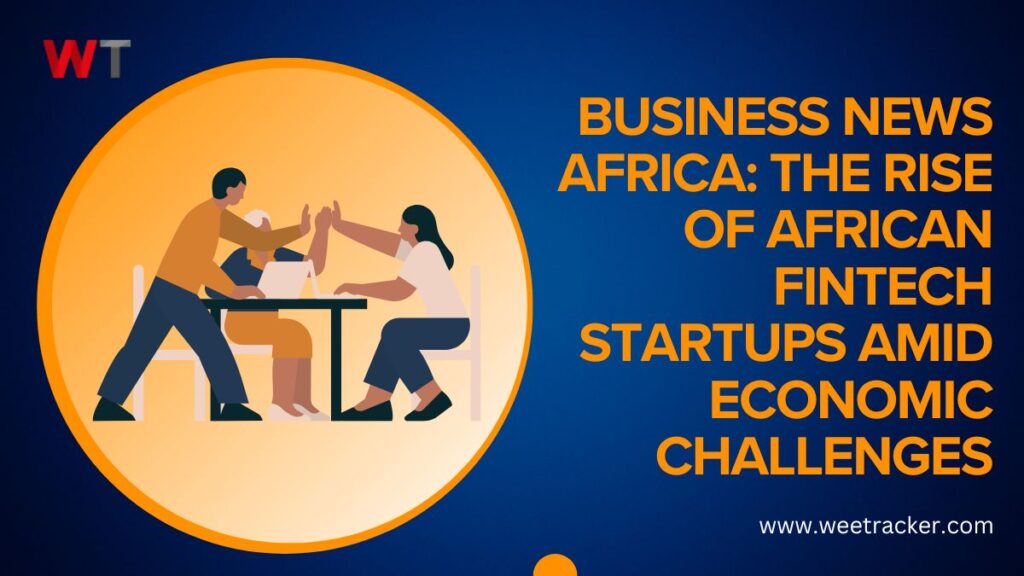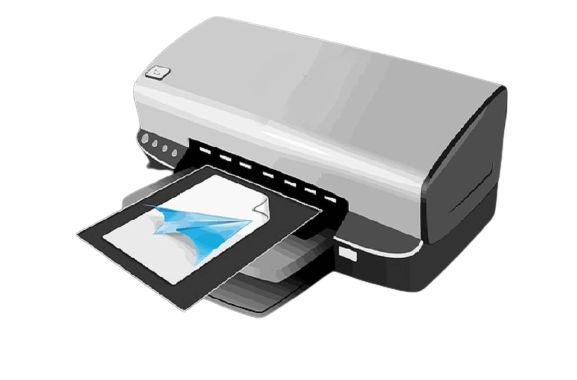Business News Africa: The Rise of African Fintech Startups Amid Economic Challenges

In recent years, Africa has emerged as a dynamic hub for financial technology (fintech) innovation. The continent’s unique challenges and opportunities have spurred the development of innovative solutions tailored to local needs. From mobile banking to digital payments and blockchain technology, African fintech startups are revolutionizing the financial landscape. This blog explores the rise of fintech in Africa, highlighting key players, trends, and the future outlook.
The Rise of African Fintech Startups
A Growing Ecosystem
Africa’s fintech ecosystem has grown exponentially over the past decade. According to industry reports, the number of fintech startups in Africa has increased by more than 60% since 2017. This surge is driven by several factors, including increasing smartphone penetration, a youthful population, and a growing middle class.
Mobile Money: A Game Changer
One of the most significant developments in African fintech is the rise of mobile money. Mobile money services, such as M-Pesa in Kenya and EcoCash in Zimbabwe, have transformed how people conduct financial transactions. These services allow users to deposit, withdraw, and transfer money using their mobile phones, bypassing traditional banking infrastructure. Mobile money has not only increased financial inclusion but also spurred the growth of other fintech innovations.
Key Players in African Fintech
M-Pesa: The Pioneer
M-Pesa is often credited with kickstarting the fintech revolution in Africa. M-Pesa allows users to transfer money, pay bills, and access microloans through their mobile phones. Today, M-Pesa boasts over 40 million users across several African countries and continues to expand its range of services.
Flutterwave: A Rising Star
Flutterwave has quickly become one of Africa’s leading fintech companies. The Nigerian startup provides a platform for businesses to make and receive payments globally. Flutterwave’s innovative solutions have attracted significant investment, and the company has partnerships with major global payment providers, such as PayPal and Visa.
Chipper Cash: Facilitating Cross-Border Transactions
Chipper Cash offers a mobile-based, no-fee, peer-to-peer cross-border payment service. The startup operates in multiple African countries and has garnered millions of users. Chipper Cash’s seamless service has made it easier for Africans to send and receive money across borders, promoting economic integration.
Trends Shaping African Fintech
Blockchain Technology
Blockchain technology is gaining traction in Africa’s fintech sector. Startups are leveraging blockchain to enhance transparency, security, and efficiency in financial transactions. For example, BitPesa, a Kenyan company, uses blockchain to facilitate low-cost cross-border payments.
Digital Lending
Digital lending platforms are also on the rise in Africa. These platforms use technology to assess creditworthiness and provide loans to individuals and small businesses. Companies like Branch and Tala are using mobile data to evaluate borrowers’ credit risk, providing access to credit for those previously underserved by traditional banks.
Insurtech Innovations
Insurtech, the use of technology to innovate the insurance sector, is another growing trend in African fintech. Startups like Bima and Turaco are making insurance more accessible and affordable for low-income populations. These companies use mobile technology to distribute insurance products, simplifying the process for consumers.
Challenges Facing African Fintech Startups
Regulatory Hurdles
Regulation remains a significant challenge for fintech startups in Africa. The regulatory environment varies greatly between countries, and navigating these complexities can be daunting for new companies. However, there are ongoing efforts to harmonize regulations across the continent to foster innovation and growth.
Infrastructure Gaps
Despite progress, infrastructure gaps persist in many parts of Africa. Limited internet connectivity, unreliable electricity, and a lack of digital literacy can hinder the adoption of fintech solutions. Addressing these infrastructure challenges is crucial for the continued growth of the sector.
Access to Funding
While investment in African fintech has increased, many startups still struggle to secure funding. Venture capital is concentrated in a few major markets, such as Nigeria, Kenya, and South Africa. Expanding access to funding across the continent is essential for nurturing innovation.
Success Stories: Transforming Lives
Empowering Small Businesses
Fintech startups are playing a crucial role in empowering small businesses across Africa. Platforms like Flutterwave and Paystack enable merchants to accept digital payments, expanding their customer base and driving growth. These solutions are particularly beneficial for small businesses in rural areas, where access to traditional banking services is limited.
Enhancing Financial Inclusion
African fintech startups are at the forefront of enhancing financial inclusion. Mobile money services have brought banking to the unbanked, allowing millions of people to participate in the formal economy. Digital lending platforms are providing much-needed credit to individuals and businesses that traditional banks overlook.
Promoting Economic Development
The growth of fintech in Africa is also promoting economic development. By providing innovative financial solutions, startups are stimulating economic activity and creating jobs. For example, the fintech sector in Nigeria alone has generated thousands of jobs and attracted significant foreign investment.
The Future of Fintech in Africa
Continued Innovation
The future of fintech in Africa looks promising, with continued innovation on the horizon. Startups are exploring new technologies, such as artificial intelligence and the Internet of Things, to develop even more sophisticated financial solutions. These innovations have the potential to further transform the financial landscape and drive economic growth.
Expanding Reach
As fintech solutions continue to prove their value, their reach is expected to expand. More African countries are likely to adopt and integrate these technologies, increasing financial inclusion and accessibility. Additionally, African fintech startups are poised to enter global markets, showcasing their innovative solutions on the world stage.
Collaboration and Partnerships
Collaboration between fintech startups, traditional financial institutions, and governments will be crucial for the sector’s growth. Partnerships can help navigate regulatory challenges, improve infrastructure, and provide the funding necessary for scaling operations. Collaborative efforts will ensure a supportive environment for fintech innovation.
Conclusion
The rise of African fintech startups marks a significant milestone in the continent’s economic development. These startups are addressing unique challenges with innovative solutions, driving financial inclusion, and empowering individuals and businesses. While challenges remain, the future of fintech in Africa is bright, with continued growth and innovation on the horizon. As these startups expand their reach and impact, they will undoubtedly play a pivotal role in shaping the future of finance in Africa and beyond. Choose WeeTracker to get the most updated business news Africa.

 A Detailed Look at the Features of the LEGO Technic Mars Crew Exploration Rover
A Detailed Look at the Features of the LEGO Technic Mars Crew Exploration Rover  How to Get Email Addresses from LinkedIn with Aeroleads
How to Get Email Addresses from LinkedIn with Aeroleads  How to Find a Phone Number Using an Address with Aeroleads
How to Find a Phone Number Using an Address with Aeroleads  How to Connect HP DeskJet 2700 to Wi-Fi: A Comprehensive Guide
How to Connect HP DeskJet 2700 to Wi-Fi: A Comprehensive Guide  The Rise of Ludo and Teen Patti Game Development Companies
The Rise of Ludo and Teen Patti Game Development Companies  Building Your Community with Event Matchmaking Platform
Building Your Community with Event Matchmaking Platform  Exploring London’s Best Butcher Shops
Exploring London’s Best Butcher Shops  Enhance Your Shop Appeal with Sydney’s Best Carpentry Services
Enhance Your Shop Appeal with Sydney’s Best Carpentry Services